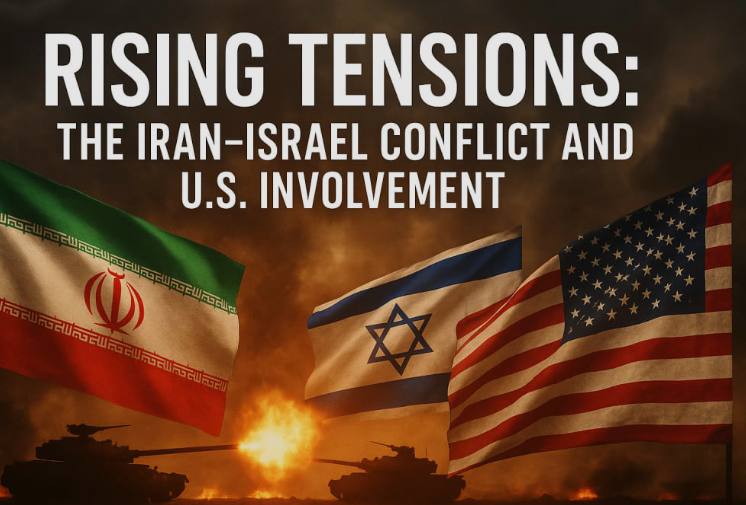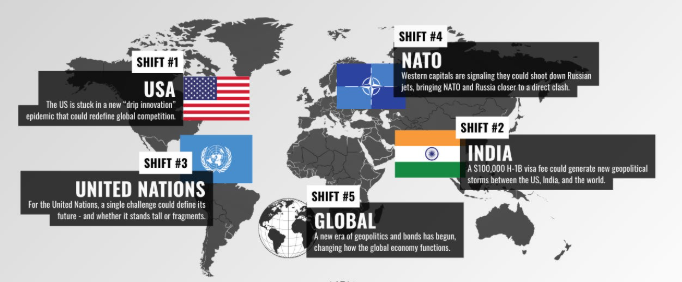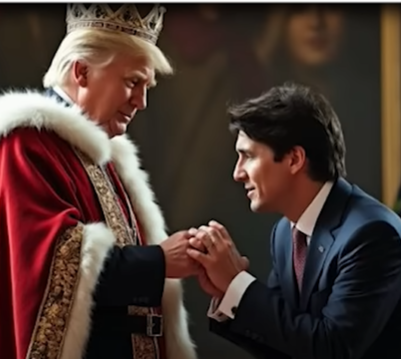A Political Shake-Up That No One Saw Coming
Tulsi Gabbard, the former Hawaii congresswoman and presidential candidate, is making headlines once again. Speculation is rife about her potential appointment to the Senate Intelligence Committee, a development that has stirred debates in political and intelligence circles.

Gabbard, known for her non-traditional views on foreign policy and her independent political stance, has frequently found herself at odds with both major parties. However, with recent developments in Washington, her possible inclusion in the powerful Senate Intelligence Committee could mark a dramatic shift in how national security policies are shaped.
The Senate Intelligence Committee: Why It Matters
The Senate Select Committee on Intelligence is one of the most influential committees in the U.S. government. Tasked with overseeing the nation’s intelligence agencies, including the CIA, NSA, FBI, and the Director of National Intelligence (DNI), the committee plays a vital role in crafting intelligence policy and ensuring national security.
Chaired by Senator Mark Warner (D-VA), the committee has been at the forefront of crucial decisions, including cybersecurity threats, counterintelligence operations, and oversight of classified government programs. If Gabbard is indeed joining the committee, it could signal a new approach to intelligence oversight—one that is more independent and critical of interventionist policies.
Why Is Tulsi Gabbard’s Potential Appointment Controversial?
1. Her Foreign Policy Stances
Tulsi Gabbard, has long been vocal about her opposition to U.S. interventionism. She has criticized military actions in the Middle East and has called for a non-interventionist foreign policy. Her 2017 meeting with Syrian President Bashar al-Assad raised alarms among both Democrats and Republicans, who questioned her motives and diplomatic judgment.
2. Her Shift Away from the Democratic Party
Once a rising star in the Democratic Party, Gabbard formally left the party in 2022, citing corruption and warmongering. Her independent stance makes her a wildcard in intelligence oversight, as she is not bound by party loyalty.
3. Support from Unlikely Allies
While some Republicans admire her stance on free speech and military restraint, others remain skeptical. If she were to join the committee, it would likely create tensions among members who prefer more traditional intelligence policies.
Mark Warner’s Role in the Decision
As Chairman of the Senate Intelligence Committee, Mark Warner will play a crucial role in determining whether Gabbard secures a spot. Warner, who has been deeply involved in countering election interference and foreign cyber threats, may see Gabbard as a disruptive force in intelligence strategy. However, if he endorses her appointment, it could indicate a shift toward a broader ideological mix within the committee.

How the NY Times and Other Media Outlets Are Covering It
The New York Times (NY Times) and other major outlets have been closely monitoring these developments. Some reports suggest that Gabbard’s inclusion could be a strategic move to appeal to a growing segment of independent voters who are disillusioned with traditional party politics. Others argue that her presence on the committee could introduce much-needed debate on government transparency and intelligence accountability.
What This Means for U.S. Intelligence Policy
If Gabbard secures a position on the Senate Intelligence Committee, we can expect potential shifts in several key areas:
1. Greater Scrutiny of Intelligence Reports
Gabbard has previously criticized intelligence reports that have led to military action. If appointed, she may push for greater transparency in intelligence briefings and more rigorous verification of classified information.
2. Increased Focus on Civil Liberties
With concerns about mass surveillance and the power of the intelligence community, Gabbard could advocate for stronger privacy protections for American citizens.
3. Debates Over U.S. Military Interventions
Gabbard’s presence on the committee could reignite debates over U.S. involvement in foreign conflicts, including Ukraine, Syria, and Afghanistan.
How This Could Impact the 2024 Elections
With the 2024 elections on the horizon, Gabbard’s role in intelligence oversight could shape voter perceptions. If she becomes a member of the committee, her actions and policy positions could influence independent and anti-establishment voters, potentially shaking up both Democratic and Republican strategies.

Frequently Asked Questions (FAQs)
1. What is the Senate Intelligence Committee responsible for? The committee oversees all U.S. intelligence agencies, ensuring that national security operations align with constitutional and ethical standards.
2. Why is Tulsi Gabbard a controversial choice? Her past foreign policy views, non-interventionist stance, and independent political affiliation make her an unconventional pick.
3. Who is Mark Warner and what role does he play? Mark Warner is the Chairman of the Senate Intelligence Committee. He has been a key figure in cybersecurity and intelligence reform efforts.
4. How does the NY Times view Gabbard’s potential role? The NY Times has provided a mixed analysis, acknowledging both the concerns and potential benefits of her inclusion on the committee.
Conclusion
If Tulsi Gabbard joins the Senate Intelligence Committee, it could mark a significant shift in how intelligence policy is debated and implemented in Washington. Her independent views, combined with her history of challenging establishment politics, make her a compelling yet divisive figure in U.S. intelligence oversight. Whether this move strengthens national security or creates new tensions remains to be seen, but one thing is clear—Washington is in for a shake-up.














